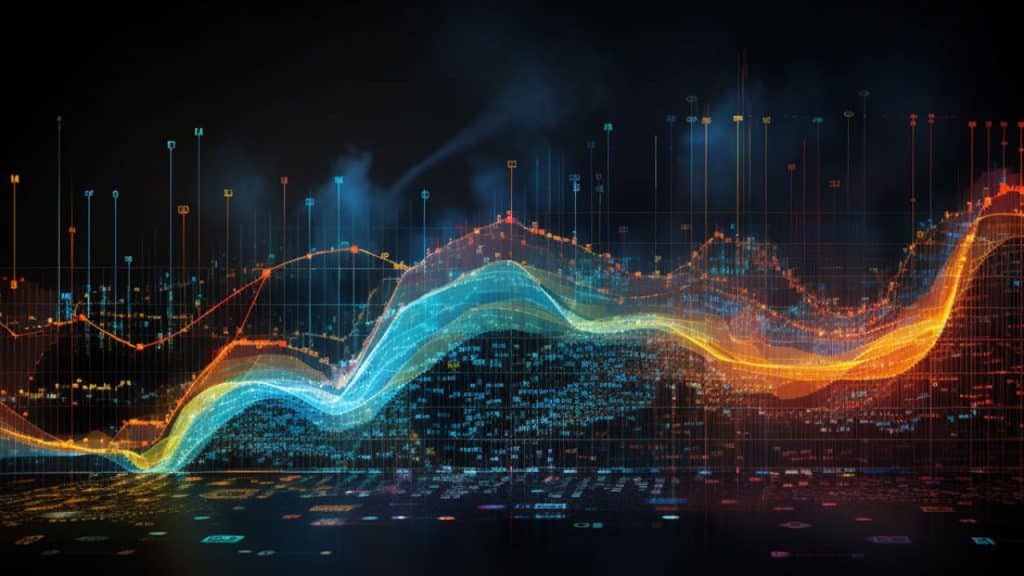AI is one of the exciting new frontiers in medicine, including longevity science, but for AI to work effectively, it needs access to large and accurate collections of data. Enter the new partnership between AI biotech firm Gero and FOXO Technologies Inc., which focuses on identifying and using epigenetic markers. Together, they’re hoping to detect the early warning signs of disease and develop effective interventions (https://longevity.technology/news/gero-and-foxo-technologies-embark-on-joint-initiative-on-ai-and-epigenetic-data/).
Gero’s mission is to apply machine learning in the development of new drugs and measure digital biomarkers through its GeroSense platform. It has worked with a range of experts, including MIT and Harvard Medical School. In 2019, it was ranked alongside Google and IBM for its use of AI as a tool to improve longevity. Most recently, it made headlines with its preprint study “Aging Clocks, Entropy and the Limits of Age Reversal”, a look at the loss of resiliency that occurs with human aging, and an assessment of what it calls our “thermodynamic biological age”, or tBA for short.
FOXO, meanwhile, is a leader in the commercialization of epigenetic biomarkers, first identifying and measuring them, then turning them into technology to help us improve our health and longevity. It’s been used by everyone from individuals to life insurance companies. In 2022, it announced a collaboration with NEOGEN to compile a massive collection of epigenetic data gathered over decades, using it to explore the many different biological and environmental factors that can influence aging and mortality. Epigenetics is about how changes to our body are not just caused by inherited DNA but by external factors that impact how our genes express themselves.
Both companies want people to live longer and be healthier, and both are using the most modern technology to achieve their goals, so it seems like a natural partnership. Between them, their extensive experience and resources can hopefully be used to further improve our understanding of aging, which in turn may lead to the development of new diagnostic methods, therapeutic interventions and lifestyle modifications.
The depth of and breadth of the data FOXO has already collected, along with the large-scale modeling possible through Gero’s AI technology, could lead to an improved understanding of aging with a degree of nuance that was never possible before. Greater precision means that aging clocks can become even more personalized, tailored to every individual’s unique biology and lifestyle.




